Written by Samuel Bonne
Samuel Bonne is a Mauritius-born Canadian biochemistry researcher. His research on [3+2] cycloaddition was honoured by the prestigious NSERC research award. Samuel is also the founder of Phantom Ghostwriters where he acts as the editor-in-chief. He currently works as a bioconjugation researcher at the Nitz lab in the University of Toronto. Samuel loves writing for LCI as it allows him to explain innovative cannabis science to a wider audience.
CBD’s popularity has been growing over the use and is being used for various purposes. Weightlifting is one of them for some people.
CBD can improve your endurance and help you go for more sets and reps, but it does not directly help muscle recovery. However, CBD can improve sleep quality, and this can contribute to better muscle recovery.
Research on CBD and weightlifting are still evolving, thus it is best to take CBD with the guidance of a professional.
If you want to know more about CBD, its side effects, and how it affects exercise, have a look at the paragraphs below.
What Is CBD Oil?
Cannabis sativa, also known as marijuana or hemp, contains the compound cannabidiol.
The Cannabis sativa plant contains more than 80 chemicals known as cannabinoids.
Although the main active ingredient in marijuana is delta-9-tetrahydrocannabinol (THC), cannabidiol can also be derived from hemp, which contains only trace amounts of THC.
The 2018 Farm Bill made it legal to sell hemp and hemp-based goods in the United States.
However, this does not mean that all cannabidiol products extracted from hemp are legal.
The law surrounding cannabidiol used in foods or dietary supplements is still blurry since it is still being investigated as a new drug.
Additionally, cannabidiol cannot be used in products that make medicinal claims.
Only “cosmetic” products containing less than 0.3 percent THC are allowed to contain cannabidiol.
Yet, dietary supplements containing cannabidiol are still available on the market.
The most popular use of cannabidiol is for seizure problems with the first cannabis-derived drug Epidioplex..
Does CBD Affect Exercise?
CBD has soothing, analgesic, anxiolytic, and sleep-improving properties that may help with exercise.
The benefits indicate that CBD may benefit athletes in preclinical studies.
Unfortunately, there is a scarcity of clinical evidence on CBD and exercise.
However, we do know that CBD is no longer on the list as a doping substance according to the Word Anti-Doping Agency.
Combining CBD with exercise can help you perform better.
Again, further research is required in this field, but it appears that CBD could lead to increased endurance.
A runner high might not be possible without an intact, healthy endocannabinoid system, according to a study from the PNAS Journal.
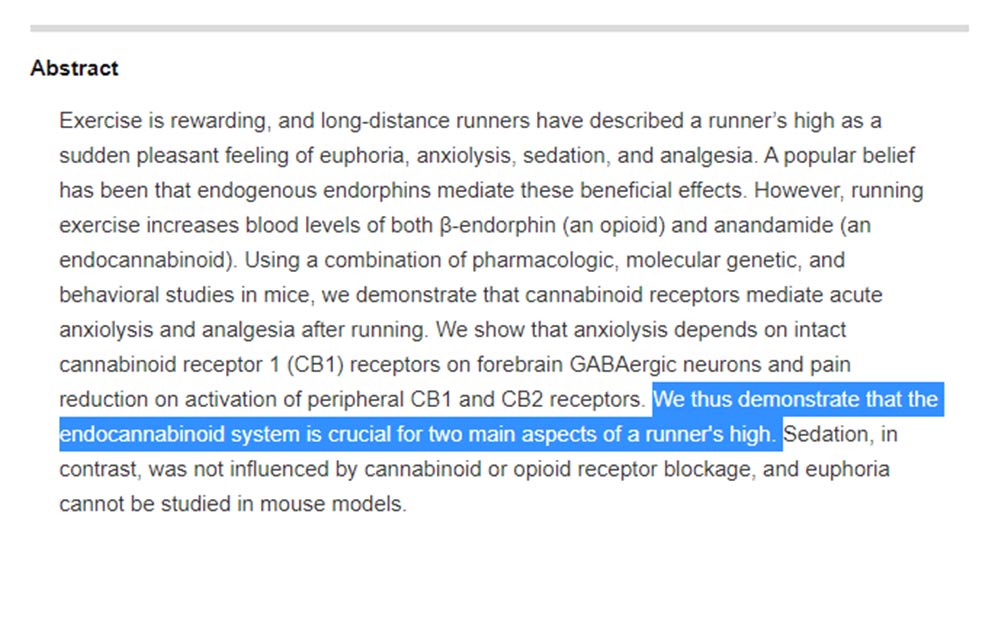
It should be noted that the research was done on mice and did not investigate the effect of CBD on weight lifthing
However, there is a potential link that CBD may help you build your endurance and go for extra reps at the gym.
CBD is extracted from the cannabis plant, but can also be obtained from the hemp plant.
CBD oil is separated from other cannabinoids, mainly THC to ensure that CBD users do not experience a high.
Theforefor, athletes may take CBD without jeopardizing their reputations.
Taking CBD For Improved Muscle Recovery
CBD can have an indirect effect on improving muscle recovery by improving sleep and relieving soreness.
Regardless of whether you use CBD as a supplement, you must give your body enough time to heal.
Muscle fibers are broken down during workout and get stronger as they rebuild, which increases their power.
No product will completely eradicate the need for proper recovery.
CBD and exercise combined will help minimize recovery time and soreness, but they don’t completely replace it.
CBD was found to be helpful in overall pain relief in people with chronic pain, with no adverse side effects, according to a report from the Therapeutics and Clinical Risk Management Journal.
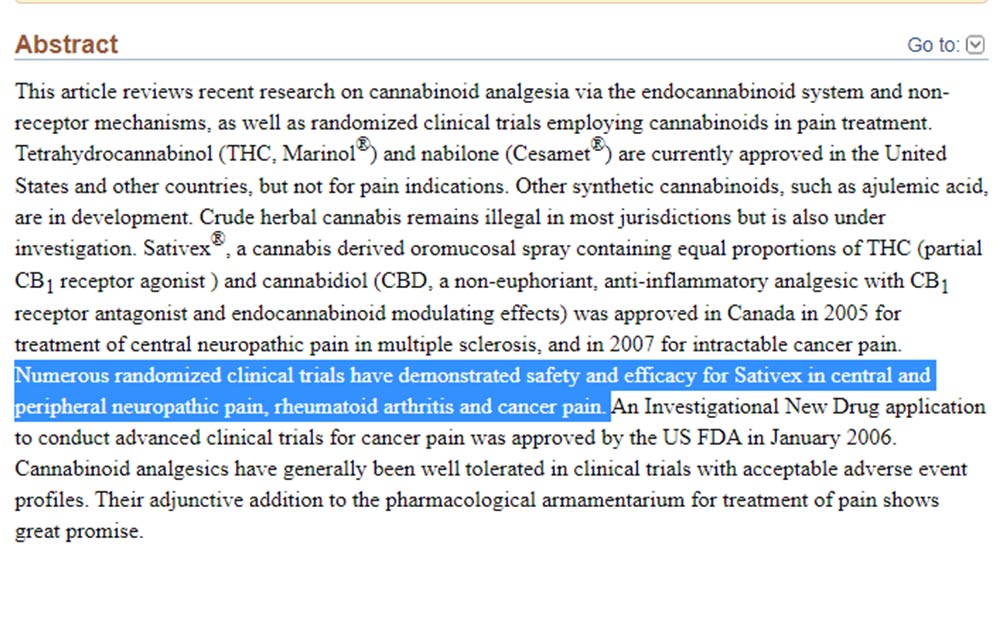
It can be used topically to relieve specific or localized muscle pain, added to baths to boost the efficacy of warm baths after a workout, or taken internally for overall distribution.
Benefits Of CBD Post-workout
CBD can benefit by extending the blissful feeling you get after working out.
Our brain releases a neurotransmitter named Anandamide when we feel healthy, or even better, delighted.
Like all other neurotransmitters, anandamide degrades quickly in your body, which is why you just experience brief bliss.
CBD, according to a study from the Translational Psychiatry Journal, delays the degradation of Anandamide by inhibiting the enzyme which breaks down the neurotransmitter.
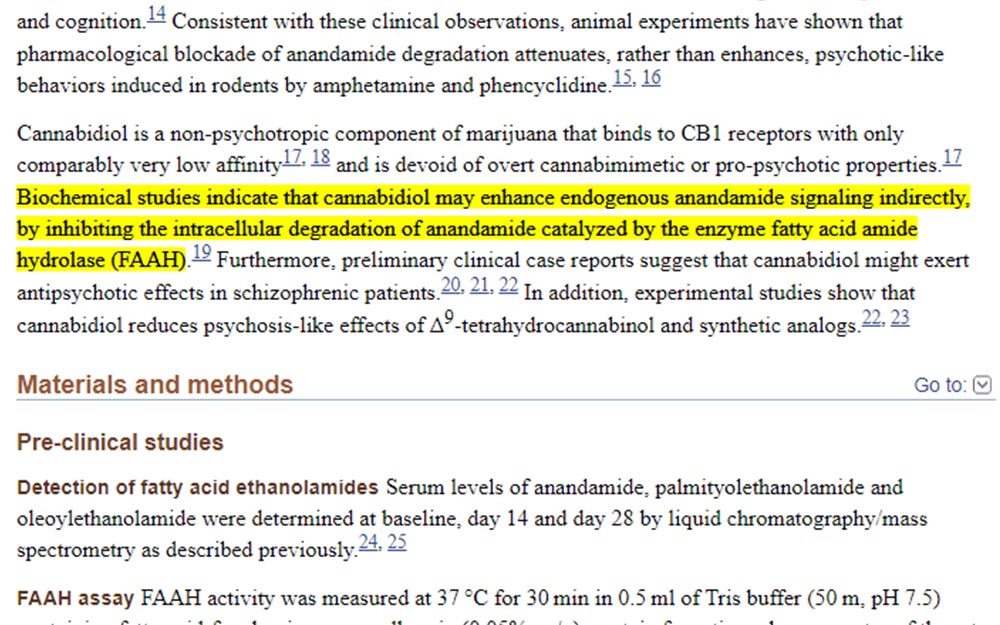
To put it another way, incorporating CBD into your daily routine can potentially enhance that blissful feeling you get after exercising.
Additionally, CBD can indirectly help muscle recovery.
CBD improves sleep quality according to the Experimental and Clinical Psychopharmacology Journal and any gym-goer knows that quality sleep is essential to recovery.
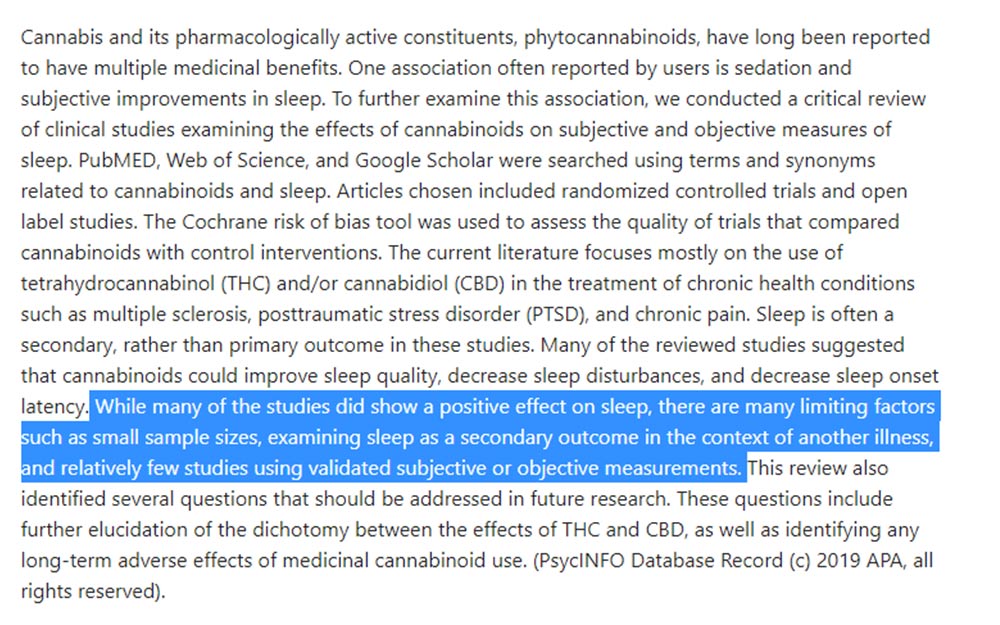
Some critical processes during sleeping include the conversion of lactic acid to glucose in the liver and the removal of cellular waste from damaged regions.
Are There Any Risks?
One of the main risks is the mislabelling of some CBD products. T
here was a wide range of CBD concentrations among CBD products purchased online, consistent with the lack of an agreed dosage.
The extent of over-labeling CBD products in a study from JAMA is comparable to levels that prompted warning letters from the US Food and Drug Administration.
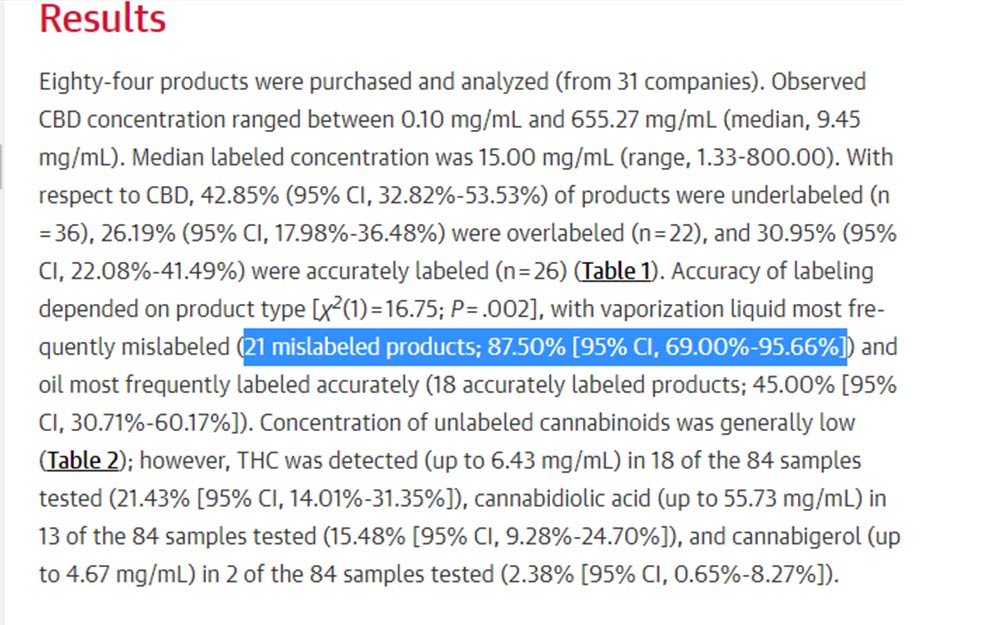
The FDA warned 15 companies in 2019, implying that federal and state regulatory agencies must take stricter action to ensure label accuracy of these consumer products.

Under Labelling is less of a concern because CBD appears to have no abuse potential or severe side effects at high doses.
Thus, a mislabeled product could cause harm to anyone, and it is better to find a reliable retailer of CBD products.
Side Effects Of Taking CBD
Although the World Health Organization states that CBD is generally safe and well-tolerated, it is unclear what dosage and how long CBD is safe.
The Journal of Clinical Medicine Research stated that CBD pill supplements up to 300 mg can be safely taken every day for six months.
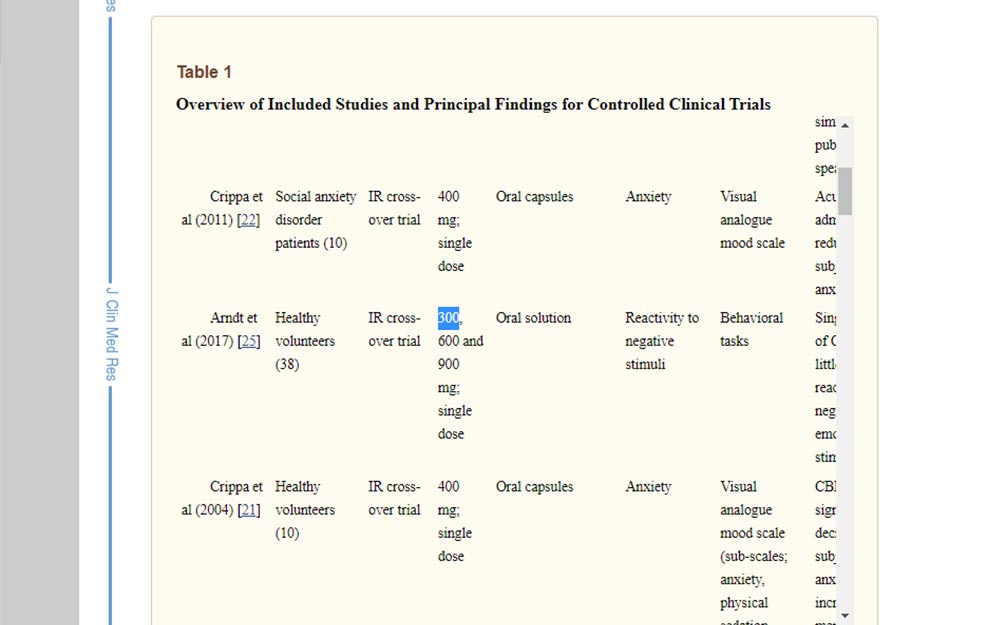
In contrast, you can take up to 1,500 mg of CBD every day for a four week period.
It has been shown that a 2.5 mg dose of CBD spray under the tongue can be safely used for up to two weeks.
However, CBD has are possible side effects:
- Diarrhea
- Motion sickness
- Fatigue
- Irritability
- Low blood pressure
- Lightheadedness
- Drowsiness
CBD may also delay or stop the breakdown of certain drugs in the body.
As a result, CBD can raise the blood levels of some medications.
Consult your doctor for CBD use, especially if you are following other drug treatments.

